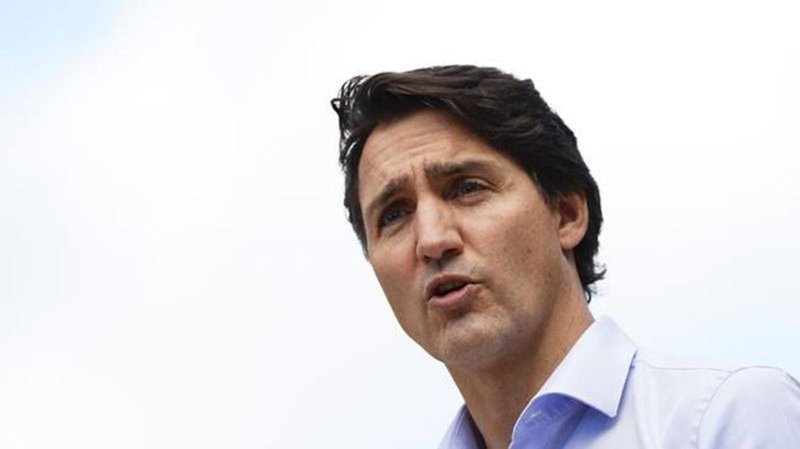
Feds, provinces agree on vaccine passport for domestic, international travel: PM
OTTAWA — Prime Minister Justin Trudeau announced provinces and the federal government have agreed on a new national vaccine passport for domestic and international travel — and many Canadians already have them in their phones and wallets.
The provinces and territories agreed on the look, feel and security measures based on the international standard forSmart health cards.
Several have already begun to roll out the new proofs of vaccination, including Newfoundland and Labrador, Nova Scotia, Quebec, Ontario, Nunavut, Saskatchewan, Northwest Territories and Yukon.
It is distinguished by a Canada word mark in the top corner.


